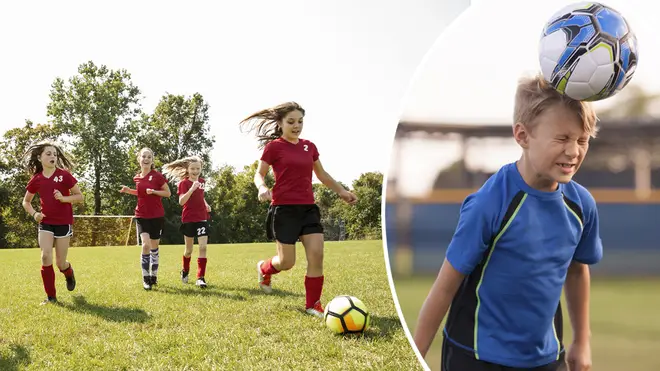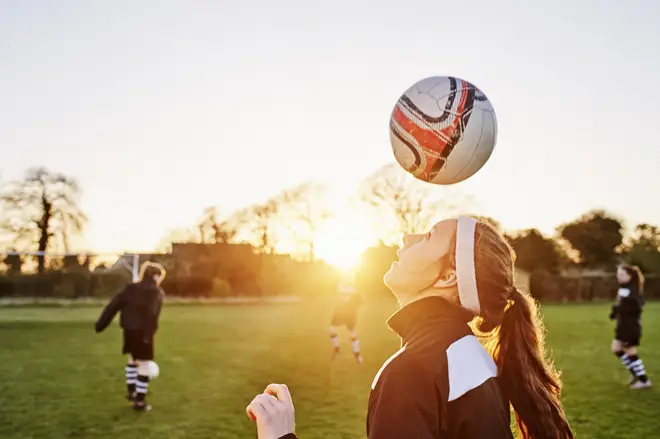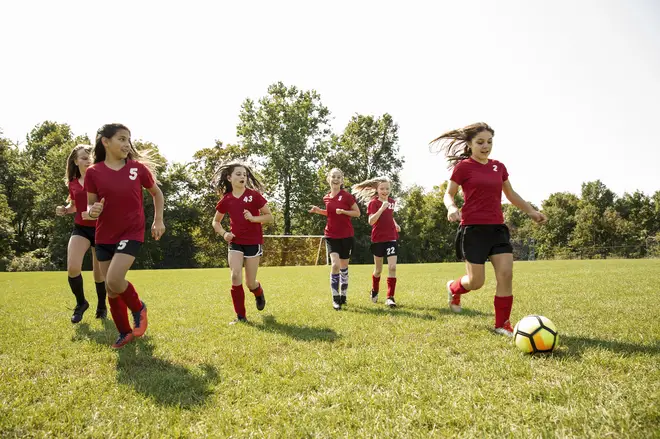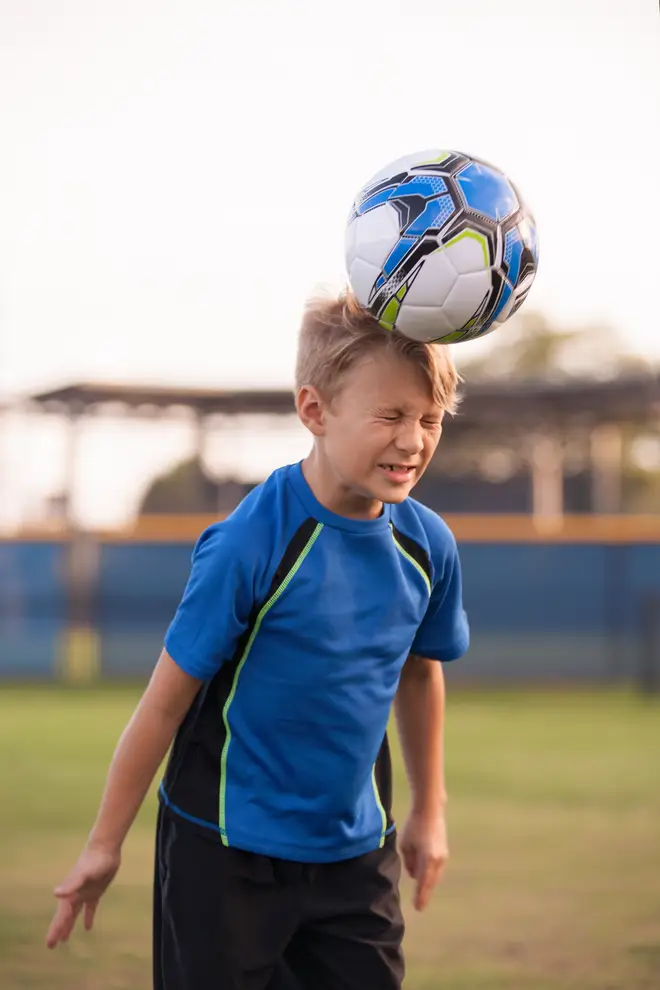On Air Now
Early Breakfast with Lindsey Russell 4am - 6:30am
25 February 2020, 11:59

This comes after shocking research found footballers were three-and-a-half times more likely to die from brain disease.
New Football Association guidelines state that children under the age of 11 will no longer be taught how to head a football while training.
England, Scotland and Northern Ireland have all issued the new guidelines.
READ MORE: Stay-at-home mum reveals exactly how she 'stays sane' parenting her two children
Wales, on the other hand, are currently reviewing their findings, and more information will be available later this year.

The new rules mean children below 11-years-old will no longer be taught or allowed to head a football in training sessions, and there will be limits put on how much heading older children do as well.
The FA, Scottish FA and Irish FA said in a statement that there will be "no heading in training in the foundation phase".
For those children aged between 11 and 18, headers will be a "low priority" in training sessions.

During matches, heading will still be allowed.
The FA say that this is because the instances when it's called for is rare.
Mark Bullingham, FA chief executive, commented: "This updated heading guidance is an evolution of our current guidelines and will help coaches and teachers to reduce and remove repetitive and unnecessary heading from youth football.
"Our research has shown that heading is rare in youth football matches, so this guidance is a responsible development to our grassroots coaching without impacting the enjoyment that children of all ages take from playing the game."

These new rules have come after a study by the University of Glasgow found that former professional footballers were more likely to die of degenerative brain disease.
The study, carried out in October 2019, also found these former footballers were also five times more likely to die from Parkinson's disease.
While there's no evidence connecting these findings with heading balls, the FA say they want to "mitigate against any potential risks".
READ MORE: Having a sister makes you grow up happier and more positive, research finds